'Please Leave The Room!' Trump Tosses Mulvaney For Coughing During Interview
President Donald Trump appears to have booted acting chief of staff Mick Mulvaney from the Oval Office for coughing during his interview with ABC’s George Stephanopoulos.
“Let’s do that over, he’s coughing in the middle of my answer,” Trump said in the footage released by the network. “I don’t like that, you know. I don’t like that.”
Then, Trump asked the cougher to leave.
“If you’re going to cough, please leave the room,” Trump said, pointing and shaking his head. “You just can’t, you just can’t cough.”
Mulvaney was not seen on camera, but he was identified by Stephanopoulos as the unusual scene unfolded:
Pres. Trump says he “might” turn over his “financial statement” to Congress.
“I hope they get it, because it’s a fantastic financial statement,” he tells @GStephanopoulos in the Oval Office. https://t.co/8q0FwFD9qt pic.twitter.com/fw1tIc0vxO— ABC News (@ABC) June 17, 2019
It’s not clear if Mulvaney left the Oval Office, but his hack quickly became the cough heard ’round the Internet:
Text from former 2016 Trump campaign staffer: “I was told by multiple people when I came aboard to never cough or sneeze while in the presence of Trump. He thinks it’s a sign of weakness and lack of control. Nobody ever recovers.” https://t.co/9CmKeoH1iu
— Jackie Alemany (@JaxAlemany) June 17, 2019
Coincidentally, “you just can’t cough” is also the new healthcare plan that trump’s about to announce. https://t.co/4noW72fBMI
— Daniel Malmer (@danielmalmer) June 17, 2019
If you're going to the Oval Office, play up Trump’s worst fears. Wear a "Biden 2020" shirt. Tell him the cable's out. Cough ... a lot. pic.twitter.com/twVz1LD9tz
— shauna (@goldengateblond) June 17, 2019
If you're a foreign leader who is not an ally and want to unleash a Mortal Kombat finishing move on Trump all you have to do is cough near him. After that yell "John McCain!" out loud. Then compliment Obama for anything. Trump will be knocked out. #Trump30Hours
— Wajahat Ali (@WajahatAli) June 17, 2019
We don't think Mulvaney was trying to divert Trump's attention from talking about his finances?
— Bruce Rheins (@BruceRheins) June 17, 2019
Memo to Trump staffers: please bring pepper with you into Oval Office when Mulvaney is there
— Norman Ornstein (@NormOrnstein) June 17, 2019
Trump banishing a person in room for having the audacity to have to cough during his disastrous interview. I’ve run out of adjectives to describe my hatred for this thing in a suit. pic.twitter.com/O60cvrkdQw
— Nancy Lee Grahn (@NancyLeeGrahn) June 17, 2019
In which a tickle in the throat puts Mick Mulvaney's job in jeopardy. pic.twitter.com/d2PtxniGzn
— Alex Johnson (@MAlexJohnson) June 17, 2019
We should all go to his rallies and just cough loudly and repeatedly.
— Kate Smith (@KateSmithAZ) June 17, 2019
Dear Democratic nominee:
I hope you don’t get a tickle in your throat and cough while Trump is trying to bluff his way through an answer during a debate.
Stage whisper: Just kidding.#Trump30Hours pic.twitter.com/dp9R6IVE7C— Comrade Pumpkinhead (@returnofbex) June 17, 2019
Also on HuffPost
Productive Chest Cough

Non-Productive Or Dry Cough

Barking Cough

Whooping Cough

Psychogenic Cough

Reflex Cough

Temperature

Body Aches

Nausea, Vomiting Or Diarrhea

Sore Throat

Cough
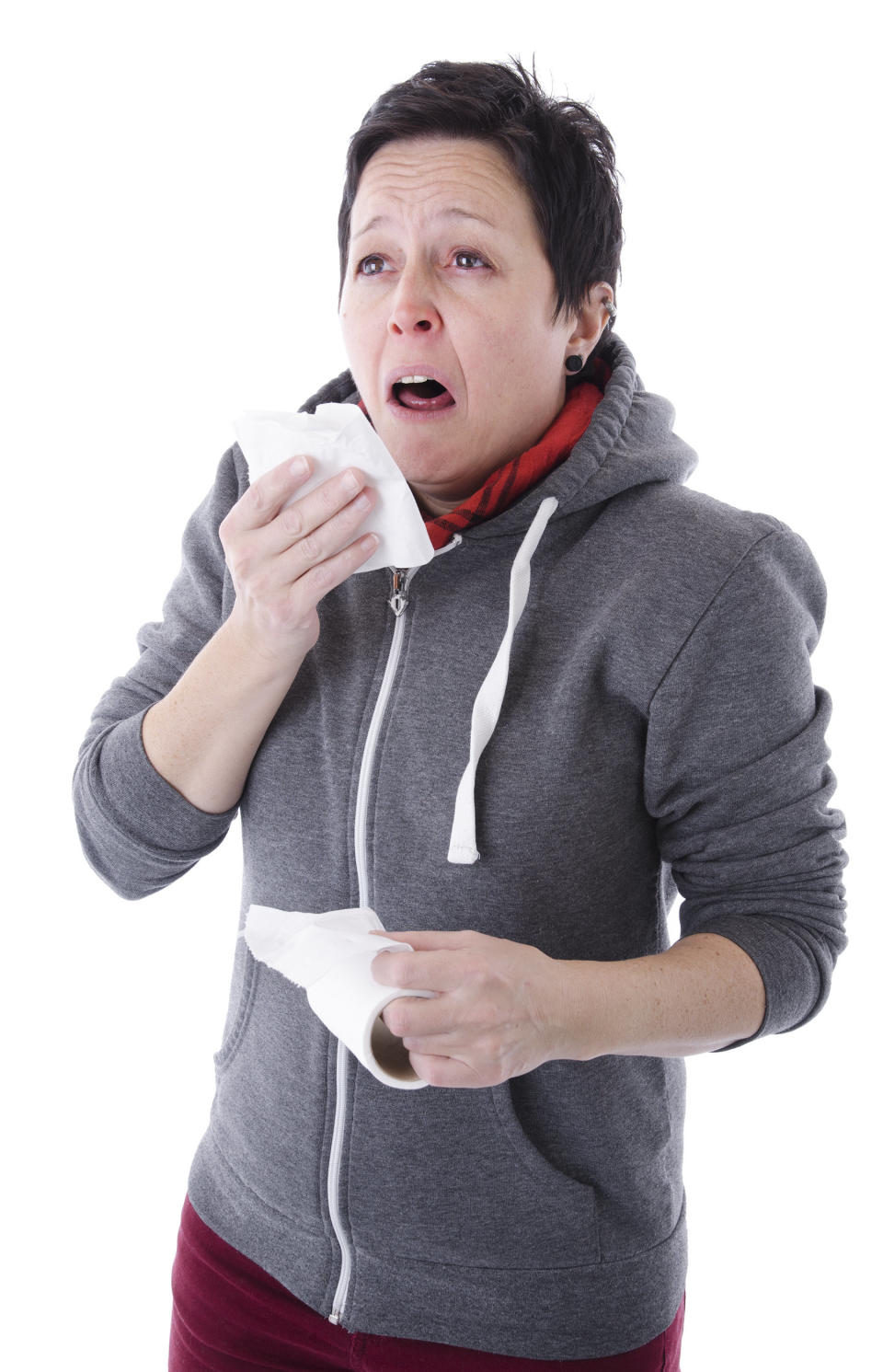
Fatigue

Chills
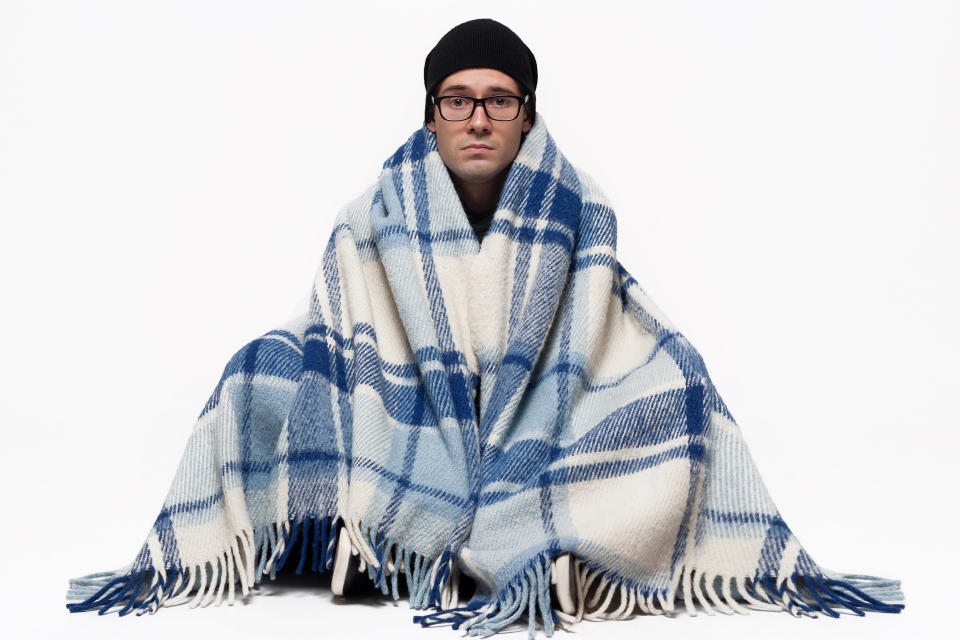
Runny Nose
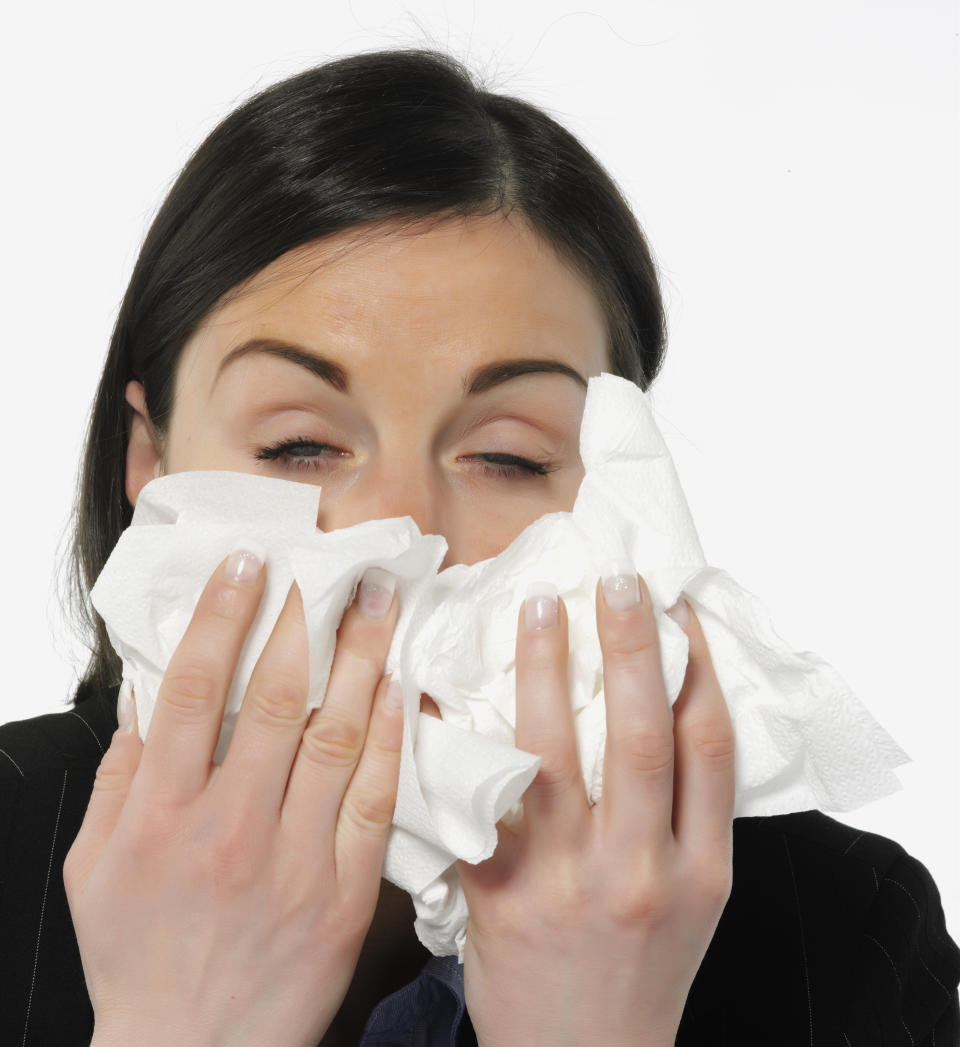
Dizziness

Dehydration

Pain In Stomach Or Chest

Blue, Purple Or Grey Lips

Make Yourself A DIY Germ Barrier

Sanitize
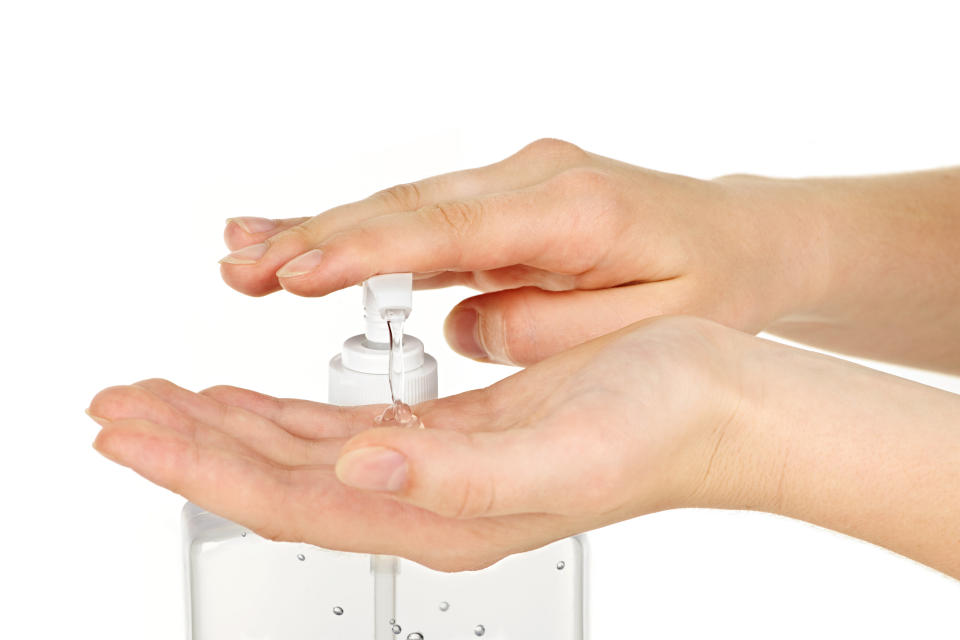
Protect The Kids

Get Fresh With Garlic
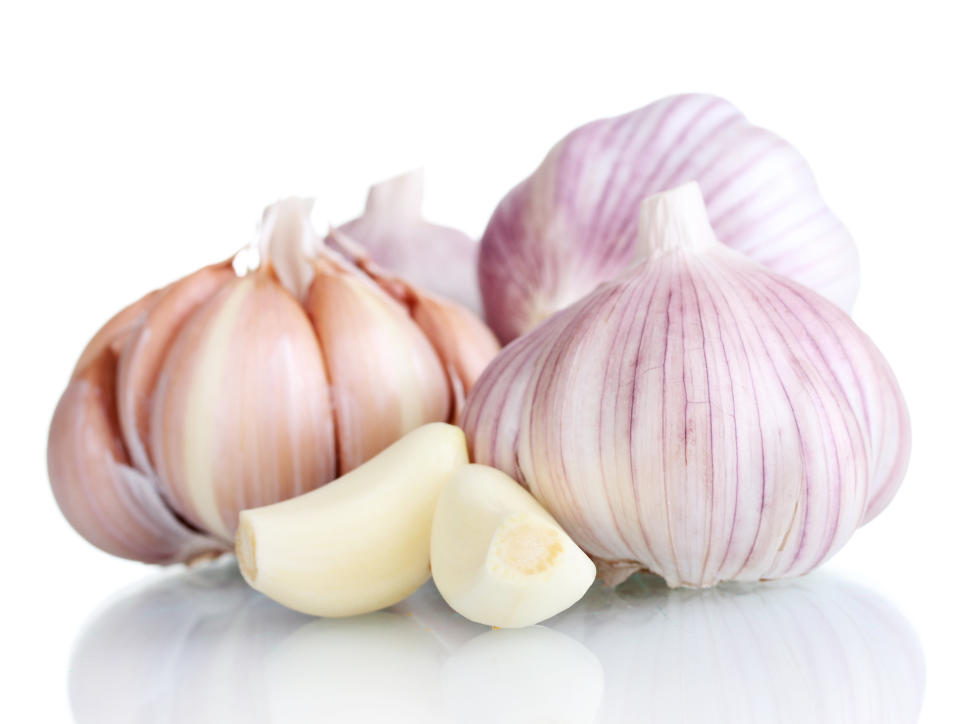
Reach For Probiotics

Get Some Zzzs

Sneeze In The Sleeve

Shower Your Nose
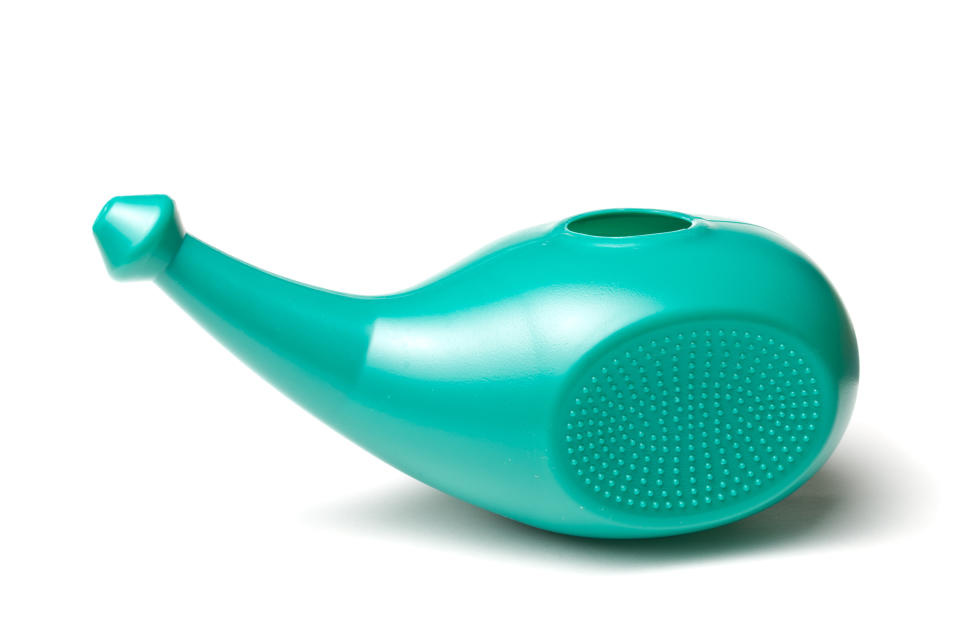
Don't Forget The D

Flower Power

Love HuffPost? Become a founding member of HuffPost Plus today.
This article originally appeared on HuffPost.

